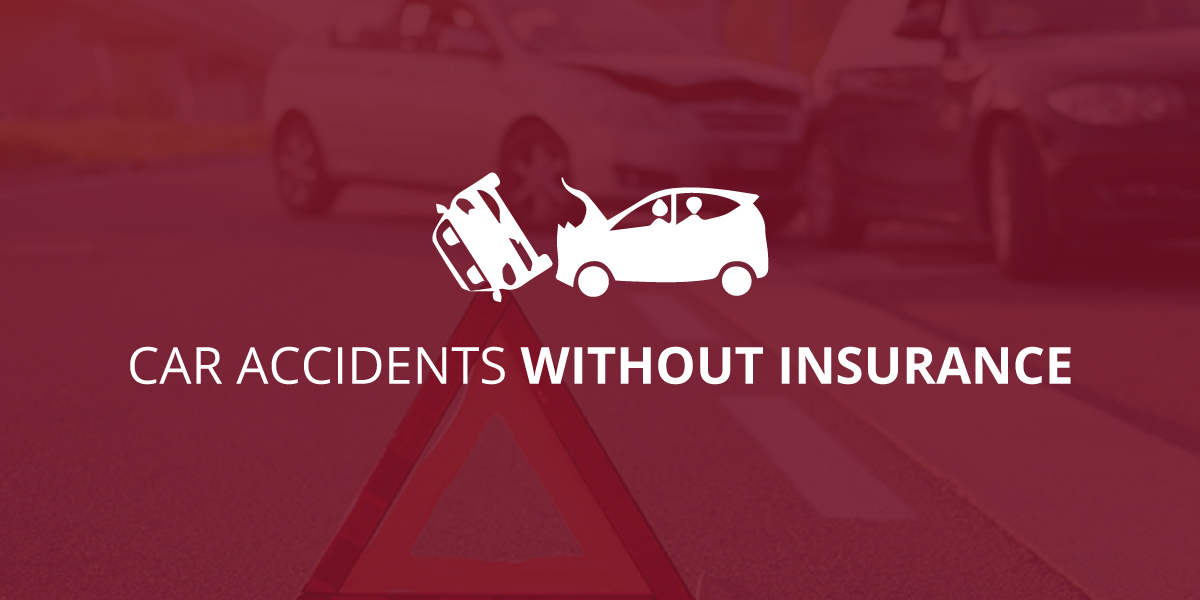Table of Contents
Toggle
If you decide to get behind the wheel of a car in Colorado, you are required to have auto insurance. If you are merely borrowing a friend or relative’s car occasionally, you may be covered by their policy. But if you drive your own car, then you need to have your own policy.
Driving without auto insurance can have significant consequences, especially if you cause a crash. You face a traffic ticket for driving without insurance as well as the financial repercussions of causing another person property damage and physical harm. Not only can the victim of the crash file a personal injury claim against you, but the judge in your traffic ticket case may order you to pay restitution, which means you will have to make payments to compensate for the loss you caused.
Colorado Auto Insurance Requirements
If you own a vehicle and drive in Colorado, the law requires you to carry a minimum of:
- $25,000 per person for bodily injury coverage;
- $50,000 per accident for bodily injury coverage; and
- $15,000 per accident for property damage coverage.
You have the option to carry property damage and bodily injury coverage with higher policy limits. You also can purchase different types of insurance, such as collision, comprehensive, uninsured, and underinsured motorist policies.
Did You Cause an Accident While Driving Without Insurance?
If you were at fault for the crash, then you are responsible for the other driver’s injuries. Typically, the other driver would file a third-party claim against your auto insurance policy. Without this option, the other driver may file a personal injury lawsuit against you and demand compensation for their physical, emotional, and financial damages.
The judge or jury may award the other car accident victim(s) compensation. If you cannot pay right away, or the other party does not agree to a payment plan, they can pursue the compensation through wage garnishment.
You also will have been ticketed by the police after the accident for failing to prove you had auto insurance. Whether you agree to the violation or a judge finds you guilty in traffic court, your punishment may include:
- Fines and fees—at least $500 for a first offense, $1,000 for a subsequent offense
- Driver’s license suspension
- Four driver’s license points
- Up to 40 hours of community service
- Restitution
- SR 22 insurance requirement
If you fail to pay restitution as required by the judge, the consequences are harsh. You could be jailed for missing one or more payments.
Was the At-Fault Driver Uninsured?
If you were harmed in a crash and the at-fault driver was uninsured, call an auto accident lawyer in Denver to discuss your options. Unfortunately, it is all too common to learn the other driver is not covered.
An estimated 13.3% of Colorado drivers were uninsured in 2015, according to the Insurance Research Council’s “Uninsured Motorists, 2017 Edition” report. This was close to the national average of 13% the same year.
Your own auto insurance coverage may help get your vehicle repaired or replaced and cover your medical bills. Your best hope is if you purchased uninsured and/or underinsured motorist coverage.
Uninsured motorist insurance coverage applies when the other party has no insurance, or when you are the victim of a hit-and-run incident. Underinsured motorist coverage may help cover the shortfall when the other driver’s policy limits are lower than the total amount of your damages.
Depending on the policy you purchase, uninsured/underinsured motorist coverage may apply to property damage, bodily injuries, or both. It is often best to purchase as much uninsured/underinsured coverage as you can afford, as this coverage protects you in the event of a crash if the at-fault driver is uninsured or underinsured.
If an uninsured person causes a crash but you do not have uninsured/underinsured coverage to cover your damages, then you may need to pursue a personal injury claim against the at-fault driver. Speak with a Denver personal injury lawyer beforehand to learn about the risks and benefits of this process.
A lawyer for a car accident will review your circumstances and the at-fault driver’s ability to pay a potential judgment. A defendant may be “judgment proof,” which means that even if you won the case against them, they do not have enough assets or income to ever pay. You may pay more to litigate the case than you would ever be able to recover from the defendant.
Contact Donaldson Law, LLC
Because the consequences of a car accident without insurance can be severe, it is best to talk with an experienced Denver car accident lawyer about your options.
If you were in a crash without auto insurance, or you found out the driver responsible for the accident was uninsured, call Jennifer L. Donaldson at (303) 458-5000 or contact us here. She is highly experienced in uninsured and underinsured motorist claims.

















